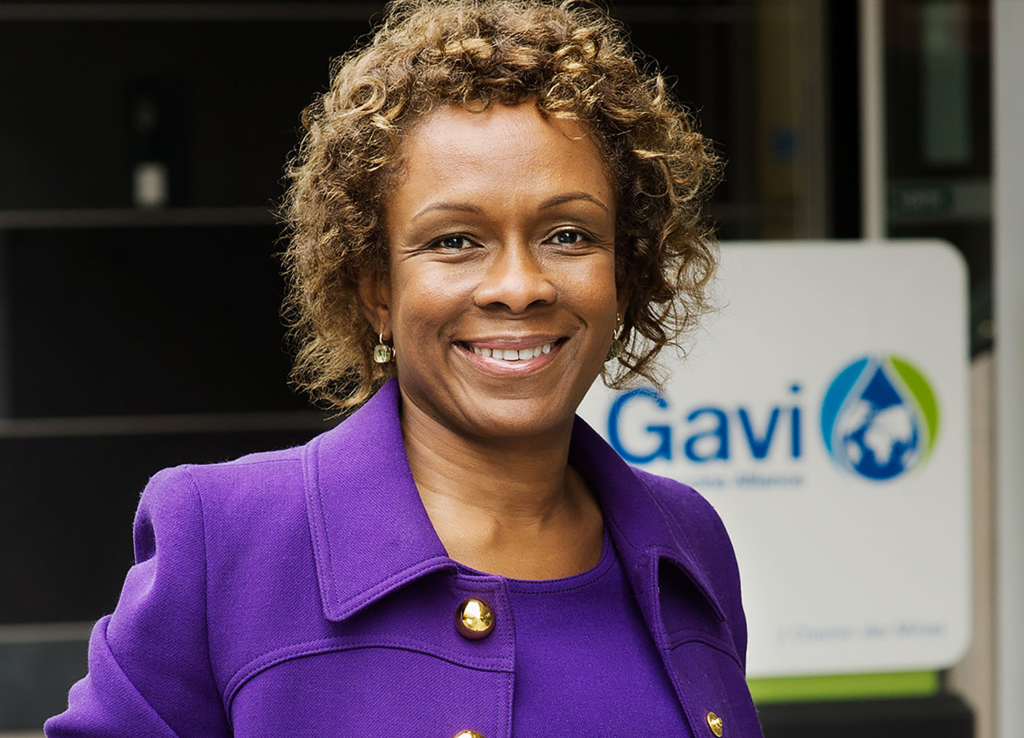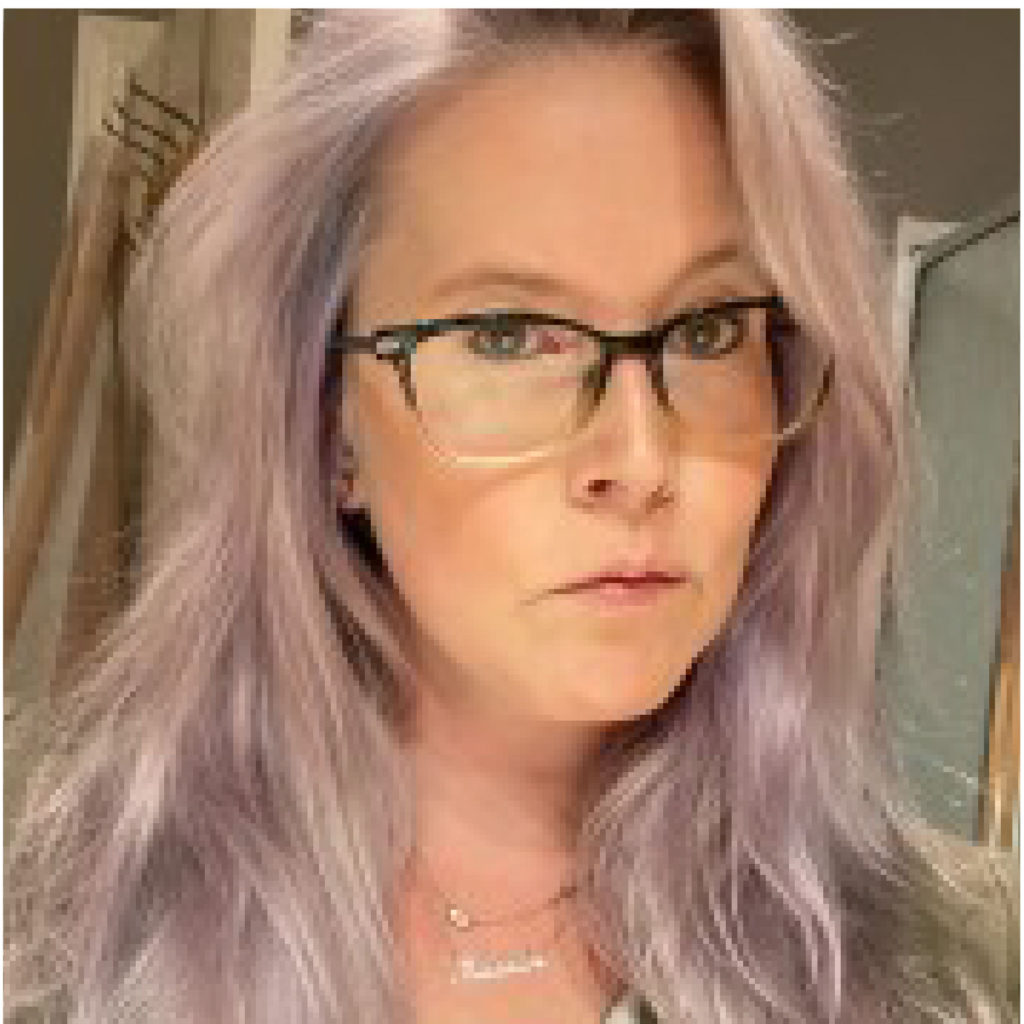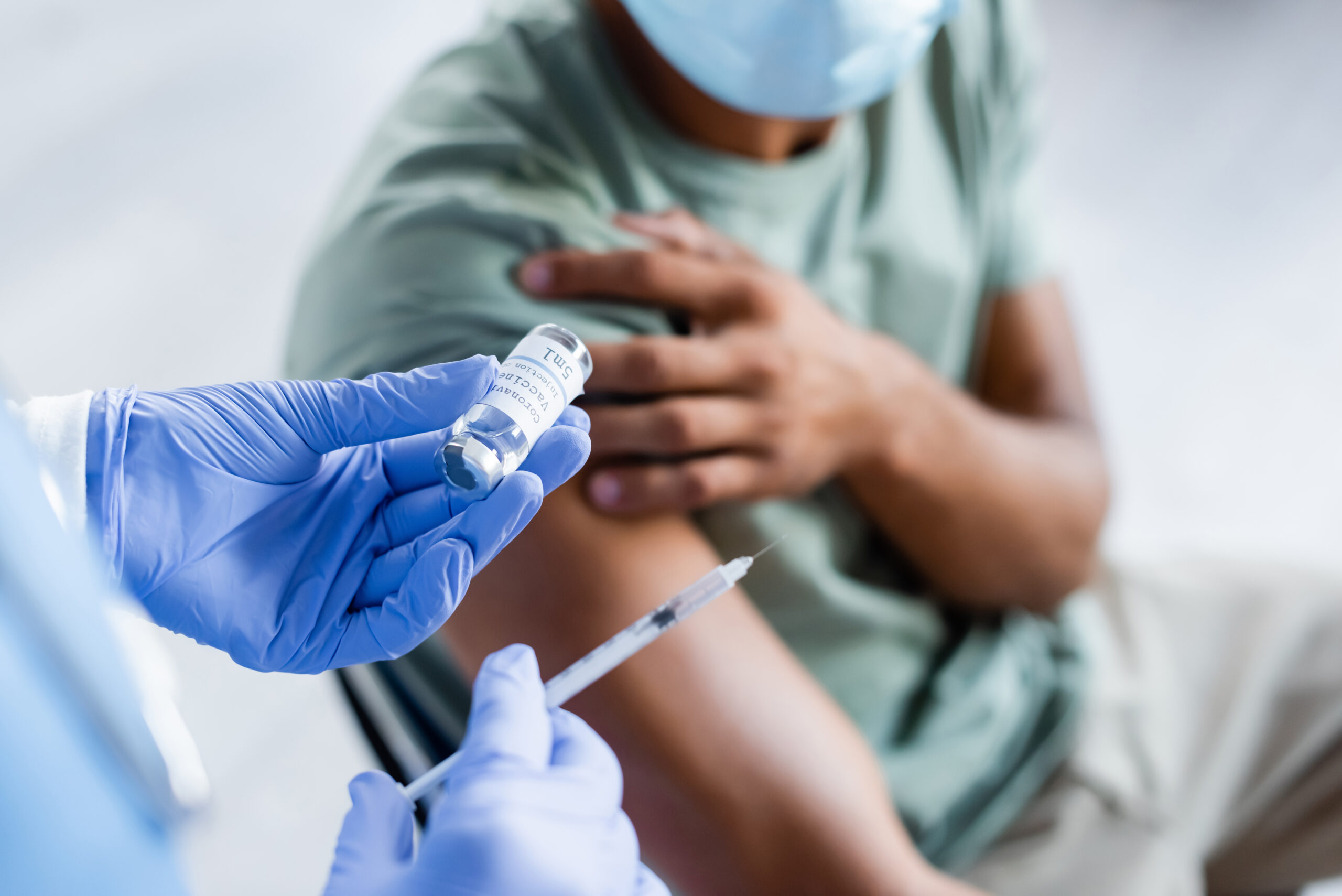Written by Miranda Lightstone
Considering the all-too-recent global pandemic, the word “vaccine” has been on everyone’s tongue the world over. Despite that, it hasn’t always been available or administered as it should have been. That’s as much a global problem as the disease itself; a lack of available vaccinations puts us all at risk, no matter what country or financial class you find yourself in.
The people at Gavi – a vaccine alliance company – understand the worldwide impact available vaccination and education on those vaccinations and overall health checks can be. Which is why they have dedicated the last 25 years to helping countries with low- to poverty-level residents gain access to desperately needed vaccines. Gavi has helped immunize more than 1 billion children. And in the next 5 years they have the chance to immunize more than 50 million.
What makes Gavi so unique? For starters, they are a joint private/public collaboration that focuses on front-line countries suffering from a lack of accessible vaccinations and proper education about administration and dosage schedules. Gavi recently partnered with the International Rescue Committee (IRC) to administer one million vaccine doses to children living in humanitarian settings. Their new model offers a path to closing zero-dose vaccine gaps in other parts of the world, particularly in fragile and conflict-affected areas.
Gavi has worked with 73 countries over the past few decades, offering financial aid as well as education for residents, which means that roughly 60% of the children in a world of 4 billion people now have access to the medical products they need to stay healthy and grow strong at a better, lower price.
The countries Gavi works with pay a small portion of the vaccination and education, however, the financial aid from Gavi and its private partners helps cover the rest. Over the years, as the countries grow and evolve and become financially stronger, eventually Gavi is no longer needed – and that is always the goal.
Over the years, 19 countries have come out from Gavi’s financial aid and are now functioning fully on their own. Proof that progress can be made and can be maintained.
We sat down with one of Gavi’s dedicated employees to discuss how far they’ve come and where they’re headed. Marie-Ange Saraka-Yao, Chief Resource Mobilisation & Growth Officer, has been with Gavi for a decade now, and she was excited to share Gavi’s latest achievement: the first fully approved malaria vaccine in Africa.

Marie Ange Saraka Yao
“Malaria is the biggest killer of children in Africa. It kills more than half a million children annually,” said Marie-Ange of the impact a disease like that can have on a population. “They’ve waited 30 years for this vaccine, and now it’s finally being scaled up and we are able to bring this fantastic science to a country like this.”
But it’s about more than just the vaccine arriving in the country.
“Sometimes a mother has to walk 3 days with her baby to receive the dosage,” explained Marie-Ange. “So not only do we have to ensure the dose is there, but also the person administering the dose has to be made aware of how and of the follow-ups needed and how to properly explain that to the mother who will have to return.”
For 15 years, Gavi was focused on supply. However, after properly scaling up their manufacturer partnerships (going from 5 to 19 all over the world), it was time to focus on administration and follow-up appointments and doses.
“When a vaccine is given to a country, they get a local grant to ensure their locals are trained in administration,” said Marie-Ange. “Gavi invests a lot in the logistics for vaccine caution and works with countries that do not always have stable electricity or power.”
Something as simple as ensuring a vaccine has a ring around it to indicate if it has expired or not (often due to temperatures being too high upon arrival), has saved lives already.
The malaria vaccine administration in Africa is near and dear to Marie-Ange’s heart because she herself grew up in a lower-income country that suffered from the disease.
“Understanding the power of a vaccine drove me,” Marie-Ange stated when we asked her why she chose to work with Gavi instead of returning to a job at a the New World Bank in Washington. “Vaccines are one of the most powerful technologies that exists.”
Gavi’s tireless efforts over the past 25 years have significantly transformed global health by ensuring access to vaccines for the world’s most vulnerable populations. Their innovative public-private partnerships, commitment to education and administration, and recent breakthroughs, such as the malaria vaccine in Africa, highlight their vital role in combating global health disparities. As Gavi continues to evolve and support countries in achieving self-sufficiency, their work not only saves lives but also strengthens health systems worldwide. The success stories and progress made thus far underscore the profound impact that dedicated organizations like Gavi can have on public health, providing hope and a healthier future for millions.
About the author
Miranda Lightstone

Miranda is an active freelance reporter and content editor. She has an extensive track record writing for outlets such as the Globe and Mail, Montreal Gazette, AskMen.com, MSN Autos, The Suburban and Venture Cover. Miranda is passionate about storytelling and the written word.


